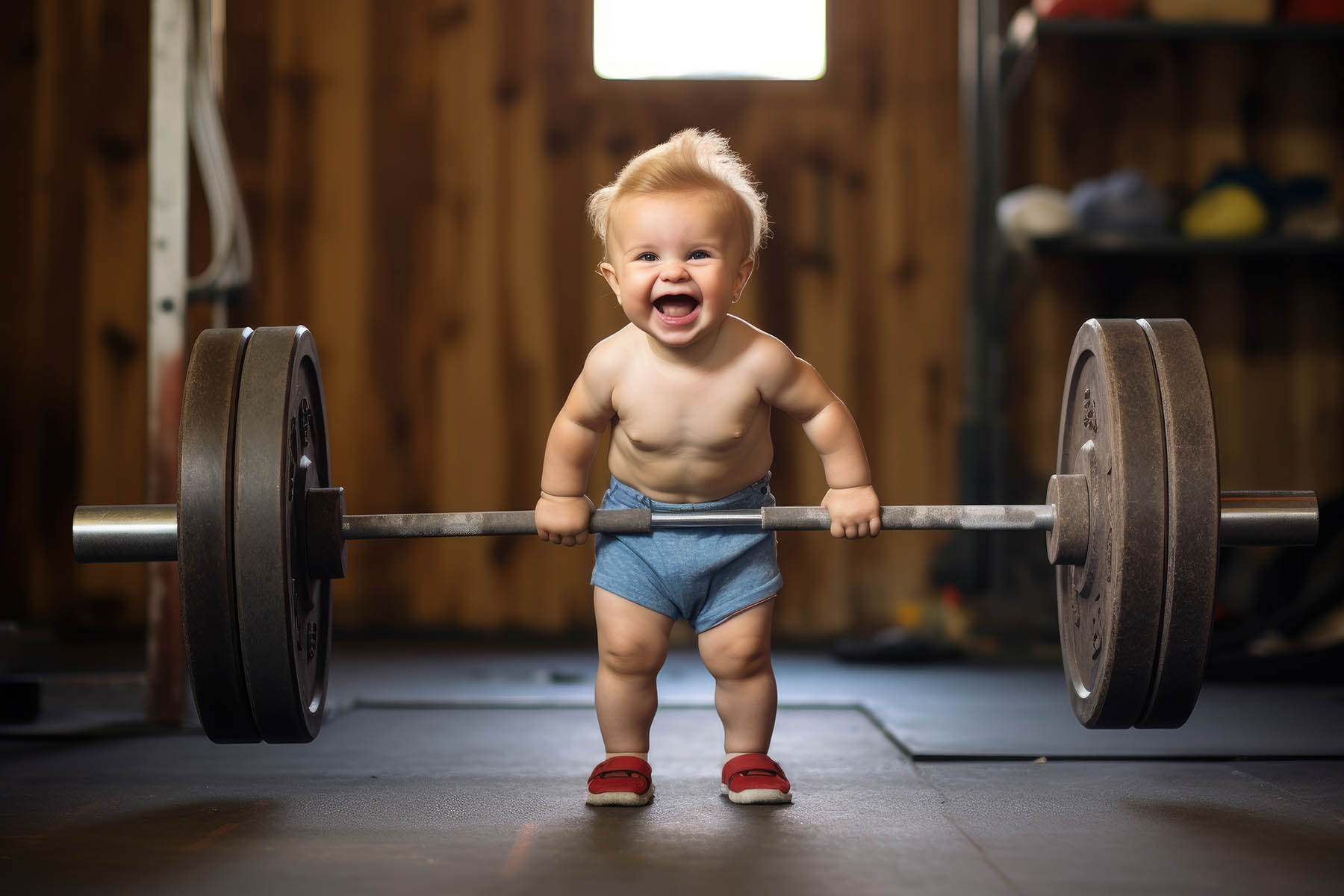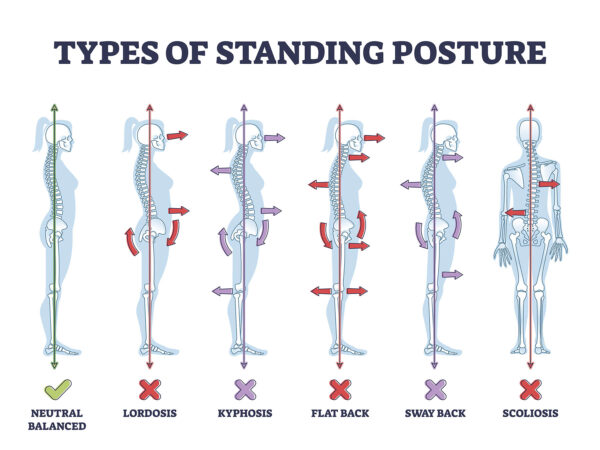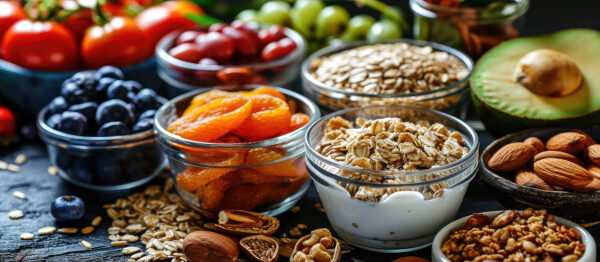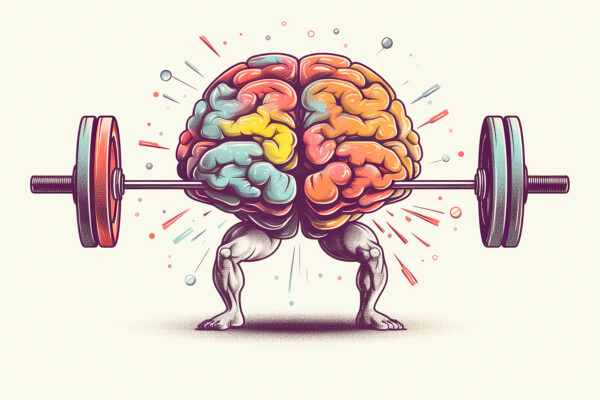Exploring the Genetic Influence on Muscle Building
The role of genetics in bodybuilding and muscle growth is a subject of great interest and debate. Genetics can significantly influence one’s ability to gain muscle, respond to exercise, and overall physical performance. This natural endowment impacts various aspects of bodybuilding, from muscle fiber composition to hormone levels.
Understanding Muscle Fiber Types and Genetic Predisposition
The Impact of Fiber Type Distribution:
- Type I Fibers: These are slow-twitch muscle fibers known for endurance. Individuals with a higher proportion of Type I fibers may excel in endurance activities but may find it more challenging to bulk up.
- Type II Fibers: Fast-twitch fibers, crucial for power and strength. Those with a higher percentage of Type II fibers typically gain muscle more easily and excel in explosive activities.
- Genetic Testing: Advances in genetic testing can reveal one’s muscle fiber composition, providing insights into training and nutrition strategies that align with their genetic predisposition.
The Influence of Hormones and Metabolism
Genetic Determinants of Hormonal Balance:
- Testosterone Levels: This hormone plays a key role in muscle growth and fat distribution. Genetics can influence one’s natural testosterone levels, impacting their muscle-building capacity.
- Growth Hormone: Variations in growth hormone production, influenced by genetics, can affect muscle mass, recovery, and overall body composition.
- Metabolic Rate: Genetic factors also determine basal metabolic rate (BMR), influencing how efficiently the body burns calories at rest.
Body Types: Ectomorph, Mesomorph, and Endomorph
Understanding Genetic Body Typing:
- Ectomorphs: Typically lean with a fast metabolism, ectomorphs may find it challenging to gain muscle and weight.
- Mesomorphs: Often considered the ideal body type for bodybuilding, mesomorphs naturally have a muscular build and respond well to training.
- Endomorphs: Characterized by a higher body fat percentage, endomorphs may struggle with weight loss but can build muscle effectively.
Genetic Limits and Muscle Growth
The Concept of Genetic Ceiling:
- Individual Limits: Each person has a genetic limit to how much muscle they can naturally build. This ceiling varies widely among individuals.
- Potential vs. Realization: While genetics set potential limits, environmental factors like diet, training, and lifestyle choices play a significant role in realizing one’s genetic potential.
Overcoming Genetic Limitations
Strategies Beyond Genetics:
- Tailored Training Programs: Customizing training routines to suit one’s body type and genetic predisposition can lead to better results.
- Nutritional Adjustments: A diet aligned with one’s genetic makeup can optimize muscle growth and overall health.
- Consistency and Patience: Regardless of genetic makeup, consistent effort, dedication, and patience are key to making significant gains in bodybuilding.
In conclusion, while genetics play a crucial role in bodybuilding and muscle growth, they are not the sole determinants of success in this field. Understanding one’s genetic predisposition can help in crafting a more effective and personalized bodybuilding strategy. However, dedication, hard work, and a well-planned training and nutrition regimen are equally important in achieving bodybuilding goals.







